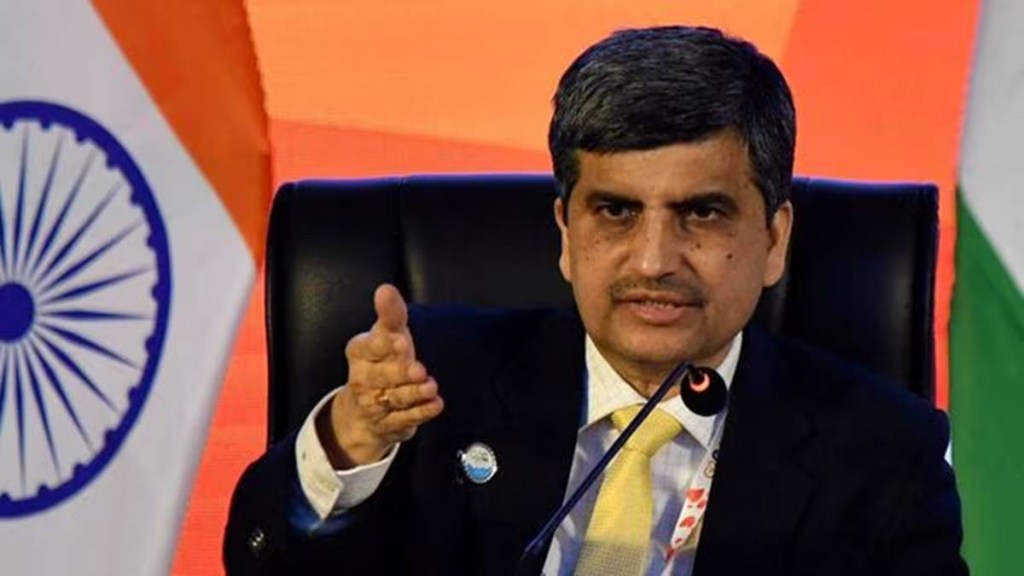Amid concerns that draft guidelines on project financing could lead to additional provisioning requirements and escalation of costs if implemented, economic affairs secretary Ajay Seth said the RBI will take the right decision by taking into account the feedback from the stakeholders. The Budget proposal to allow the use of Indian rupee for investments abroad is mainly aimed at neighbouring and strategic countries, he told Prasanta Sahu. Excerpts.
What is your view on the RBI’s draft project financing guideline of 5% provisioning at the construction stage? Project developers are talking about a likely increase in the cost of capital for them..
Market participants including banks and infrastructure companies are saying that not all infrastructure sectors are the same. Some may have a higher risk, some may have a lower risk. So, they are saying don’t have a one-size-fits-all all approach, but have a more nuanced approach where the revenue stream is more certain. Also, based on the lessons from lending from 2005 till about 2014, a large number of corrective measures have been brought in by banks. So, they are saying five rupees (out of `100) becoming a bad debt is based on the historical data. They are asking for a revisit of the proposal and whether it should be lower than five rupees. RBI is now at the stage of assimilating that feedback. We trust the regulator to take the right decision.
What is the plan to promote use of rupee as a currency for overseas investments? Will it aid its internationalisation?
Internalization of the rupee has to be a long-drawn process, it can not be done in a couple of years. That would be possible only when we have a much more open capital account. The Budget proposal is aimed at facilitating investors to borrow in rupee from India and invest in our neighbourhood (except China and Pakistan), or in a strategically important country.
Budget seems more focused on job creation rather than giving a consumption boost..
Although the Budget has a strong focus on employment, it is one of the 10 themes of the Budget. Income taxpayers could save up to Rs 17,500 because of tax changes. It’s not that they are going to spend the money. Some may save. We are investing about 30 or 31% of our total GDP and from where it is coming largely from the savings. If consumption growth is high, savings will go down. We have to see the data for a couple of quarters and then see whether there is any real story to be seen.
The Economic Survey talked about tapping FDI from China. How do you look at it?
The Survey looks at the entire economy and it brings out what are the opportunities, what are the challenges and say what are the issues on which we have to make a decision. Issues raised by the Survey need discussion that whether we should be depending more on a trade route or we should depend on more FDI or we should build our own capacity to produce those components etc in the country. There is a FDI policy, there is no change in it.

